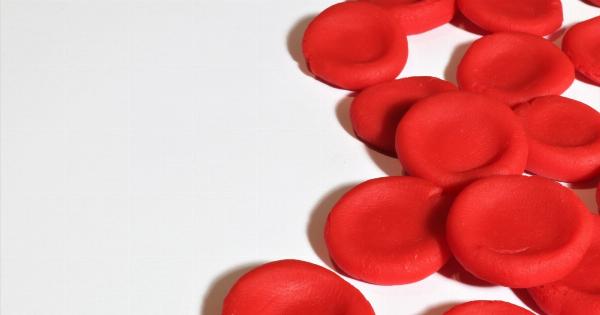Polydia, also known as polycythemia, is a medical condition that occurs when the body produces too many red blood cells. This condition causes the blood to thicken, which can lead to a variety of health problems.
Unfortunately, many people ignore the symptoms of polydia, often mistaking them for something else.
What are the Symptoms of Polydia?
There are a variety of symptoms associated with polydia. Some of the most common symptoms include:.
- Headaches
- Dizziness
- Fatigue
- Shortness of breath
- Blurred vision
- Itchiness
- Bleeding gums
If you are experiencing any of these symptoms, it is important to talk to your doctor as soon as possible. While these symptoms may not necessarily be a sign of polydia, they can still be indicative of a serious underlying health problem.
What Causes Polydia?
There are a variety of things that can cause polydia. In some cases, it is caused by an underlying health condition, such as kidney disease, liver disease, or lung disease.
In other cases, it may be caused by genetic factors or exposure to high altitudes.
Other potential causes of polydia include:.
- Smoking
- Obesity
- Excessive alcohol consumption
- Certain medications
Why You Shouldn’t Ignore Polydia
Ignoring the symptoms of polydia can have serious consequences. When the blood becomes too thick, it can lead to a variety of health problems, including:.
- Blood clots
- Stroke
- Heart attack
- Liver failure
- Kidney failure
In some cases, ignoring the symptoms of polydia can even be fatal. That’s why it is so important to talk to your doctor if you are experiencing any of the symptoms associated with this condition.
Diagnosis and Treatment
To diagnose polydia, your doctor will perform a physical exam and ask you about your symptoms. They may also order blood tests to check your red blood cell count.
If you are diagnosed with polydia, your treatment options will depend on the underlying cause of the condition.
In some cases, it may be necessary to undergo phlebotomy, which involves removing blood from your body to reduce the number of red blood cells. Other treatment options may include medications to prevent blood clots, or lifestyle changes such as quitting smoking or losing weight.
Prevention
While it is not always possible to prevent polydia, there are some steps you can take to reduce your risk of developing this condition. Some things you can do include:.
- Quitting smoking
- Maintaining a healthy weight
- Limiting your alcohol consumption
- Getting regular exercise
- Managing other health conditions, such as diabetes or high blood pressure
Conclusion
Polydia is a serious medical condition that can have serious consequences if left untreated. If you are experiencing any of the symptoms associated with this condition, it is important to talk to your doctor as soon as possible.
With proper diagnosis and treatment, you can manage the symptoms of polydia and reduce your risk of complications.





























